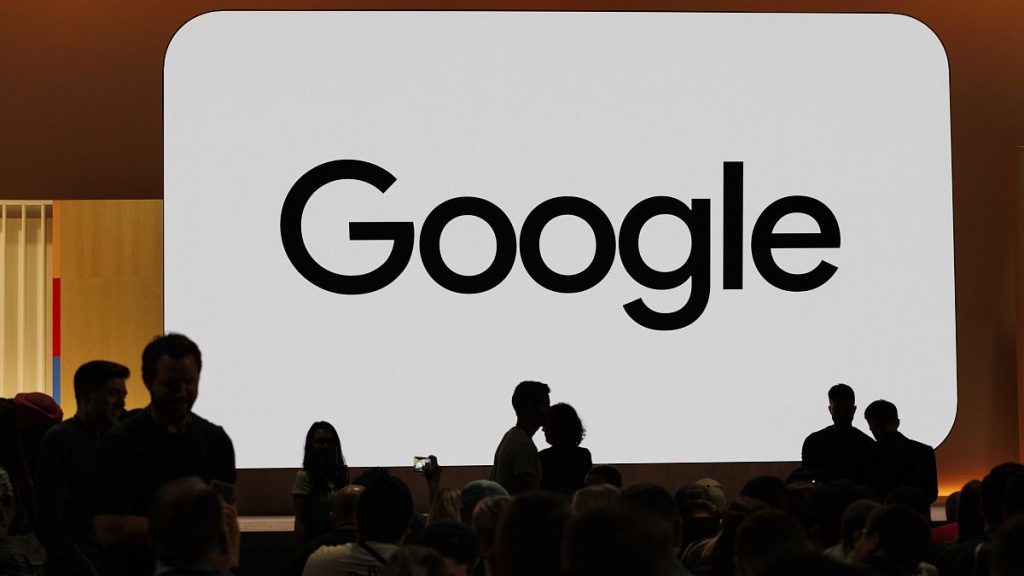U.S. regulators are intensifying their efforts to address Google’s dominance in the search engine market, with proposals that could significantly reshape the company’s operations. Following a pivotal antitrust ruling that identified Google as a monopolist, the Department of Justice (DOJ) is advocating for drastic measures, including the potential divestiture of the Chrome web browser. Legal representatives for the government argue that forcing Google to sell Chrome would eliminate its control over a crucial entry point to the internet, thus allowing competing search engines greater access and visibility among users. Alongside this, regulators are contemplating restrictions that would prevent Android devices from automatically favoring Google’s search engine over its rivals, aimed at creating a more equitable digital landscape.
The implications of these legal maneuvers are substantial, especially considering that Google is facing a court hearing regarding its penalties, with U.S. District Judge Amit Mehta overseeing the process. He is expected to issue his final ruling by early September after hearings commence in April. Should Mehta endorse the DOJ’s recommendations, Google would have to divest its Chrome browser within six months, although experts anticipate that the company will appeal any such decision. This potential for prolonged litigation is compounded by the upcoming change in U.S. administration, which may lead to shifts in the DOJ’s approach to the case. Despite this uncertainty, analysts believe that antitrust actions against major tech firms will persist, reflecting a broader commitment to addressing monopolistic practices.
Google’s leadership has expressed vehement opposition to the DOJ’s proposals, with Kent Walker, the chief legal officer of Google and its parent company Alphabet, denouncing the suggested interventions as “extreme.” Walker contends that these measures would jeopardize consumer privacy and security while stifling innovation, particularly in the realm of artificial intelligence, where Google has made significant investments. He characterizes the regulatory framework as a “radical interventionist agenda” that could undermine America’s technological leadership on a global scale. The DOJ’s aggressive stance has been met with skepticism from legal experts who question whether the remedies proposed are proportionate to the alleged harms.
Notably, the vigorous push to alter Google’s operational structure echoes past antitrust cases, particularly the penalties imposed on Microsoft in the late 1990s. Historical context suggests a complicated path forward; an appeals court had previously overturned an order to split Microsoft, setting a precedent that may influence Judge Mehta’s considerations regarding potential breakup interventions in the Google case. Legal scholars have voiced caution, indicating that any remedy should align closely with the actual transgressions attributed to the company. There is widespread debate about whether the radical measures proposed by regulators could be seen as excessive, potentially leading to unintended negative consequences.
Additionally, regulatory bodies are advocating for further restrictions on Google’s ability to negotiate its search engine as the default option on mobile devices, including Apple’s iPhones. Such regulations contrast starkly with European consumer protections, which allow users to select their preferred default browser under the provisions of the Digital Markets Act. The current debate nationally emphasizes the balance between fostering competition within the tech sector and ensuring consumer choice. If approved, these regulatory changes could establish a benchmark for future antitrust frameworks, not only in the U.S. but potentially as a global standard.
In conclusion, the unfolding situation with Google raises significant questions about the future of digital competition and regulatory oversight in the tech industry. With the stakes high and the outcome uncertain, the court’s decisions will likely reverberate across the sector, impacting how technology companies navigate regulatory landscapes. As the hearings approach and public sentiment evolves, the interactions between corporations, regulators, and consumers will play a critical role in defining the contours of the industry’s future and the degree to which monopolistic practices are curtailed in favor of a more competitive marketplace.














